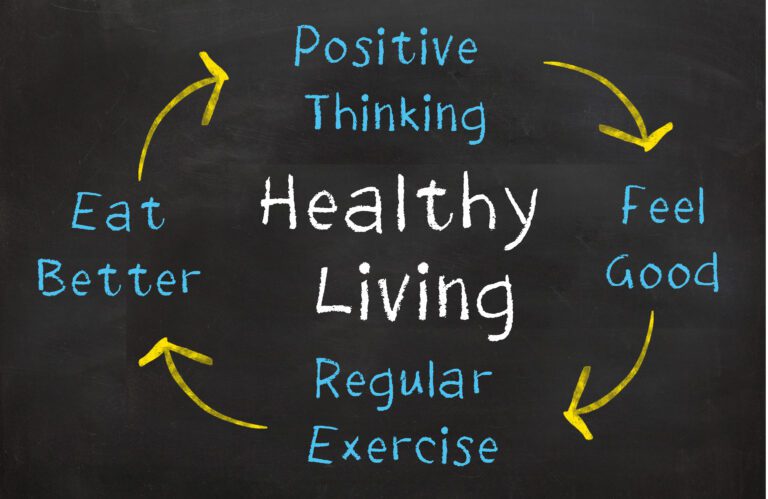3 Ways To Manage Treatment Fatigue Living With Bipolar Disorder
Have you ever heard of “treatment fatigue”?
If you live with bipolar disorder and have never heard of the term, treatment fatigue is what you experience as you look for a successful treatment plan. Over time, searching for the right treatment takes its toll on you. I know it did for me, and it still sometimes happens to this very day, as well.
Treatment fatigue can also happen by simply following your treatment plan on a day-to-day basis. If you have created a successful treatment plan with your doctor, more than likely you will only have to tweak it to reduce the fatigued feeling.
My Experience with Treatment Fatigue
I was diagnosed with bipolar disorder, type 1, back in 1999. However, I exhibited symptoms before my teenage years. This never occurred to me until I dove into therapy and worked with my psychiatrist.
After my diagnosis, my psychiatrist mentioned that with the right treatment, we can successfully manage bipolar disorder. This instantly gave me hope, and I was excited to find a workable treatment plan.
I wish I could say I tried medication, and that was it. Unfortunately, it took close to 10 years to find the right combination of meds. Over that span of 10 years, I most definitely experienced treatment fatigue.
Have you ever had a week of nonstop work, appointments, and other obligations? Now, to top it off, you hardly have had any amount of sleep? This can give you an idea of how it is to feel physical fatigue. There is a mental component to this example, but I am referring to the physical aspect of it.
For 10 years, I continuously had my hopes rise and fall with each new medication and medication cocktail. It was very challenging to get my hopes up so high, only to have them come crashing down.
I am extremely sensitive to medication and its side effects. For this reason, my tolerance for the negative side effects of meds was extremely low. We all have a benchmark of which side effects we will tolerate and why. Never feel an obligation to explain yourself to others regarding your treatment plan. You know what you can and cannot handle.
How to Reduce Treatment Fatigue
Everyone is different in the strategies and tools they use to cope with treatment fatigue. The good thing is that if you are proactively following a treatment plan, you are indirectly helping to reduce treatment fatigue.
1. Follow Your Treatment Plan
A treatment plan consists of your medication, therapy, and daily coping strategies. Make sure you actively follow your plan by taking your meds, getting enough sleep, eating healthy meals and snacks, drinking plenty of water, and getting exercise. Most people know these important daily activities, but it is one thing to know and another to follow through.
2. Take Some Downtime
Take some downtime and let your brain relax. Do something that will give your head some time to rest. Some people enjoy reading, others like biking, and still others love to bake. We are all unique, and only you know what will relax you.
3. Get Your Head In Its Right Space
If you feel treatment fatigue, doing something that pumps you up may be exactly what you need. It can be anything from listening to music, exercising, taking a cold shower, or even sitting in an ice bath. Sometimes shocking your system can provide relief from the treatment fatigue you are experiencing.
You could also try journaling, watching a movie, or drawing. These aren’t ways to shock your system like those above, but they are strategies to help redirect what is going on in your head.
Last Thoughts
Throughout the years, my mantra became, “Hope for the best; expect the worst.” This way, I was prepared for any potential negative outcome, but I just hoped that was not the case. I found this extremely beneficial to get through those years of high-rising and deep-diving hopes. That drained me more than anything, and I constantly felt treatment fatigue.
Just like everyone is different when it comes to their bipolar symptoms, so are their treatment plans. Along those same lines, strategies, tools, and techniques all vary from individual to individual.
Just remember, we all experience treatment fatigue at some point, and it is just another fight we must wage with The Bipolar Battle.







